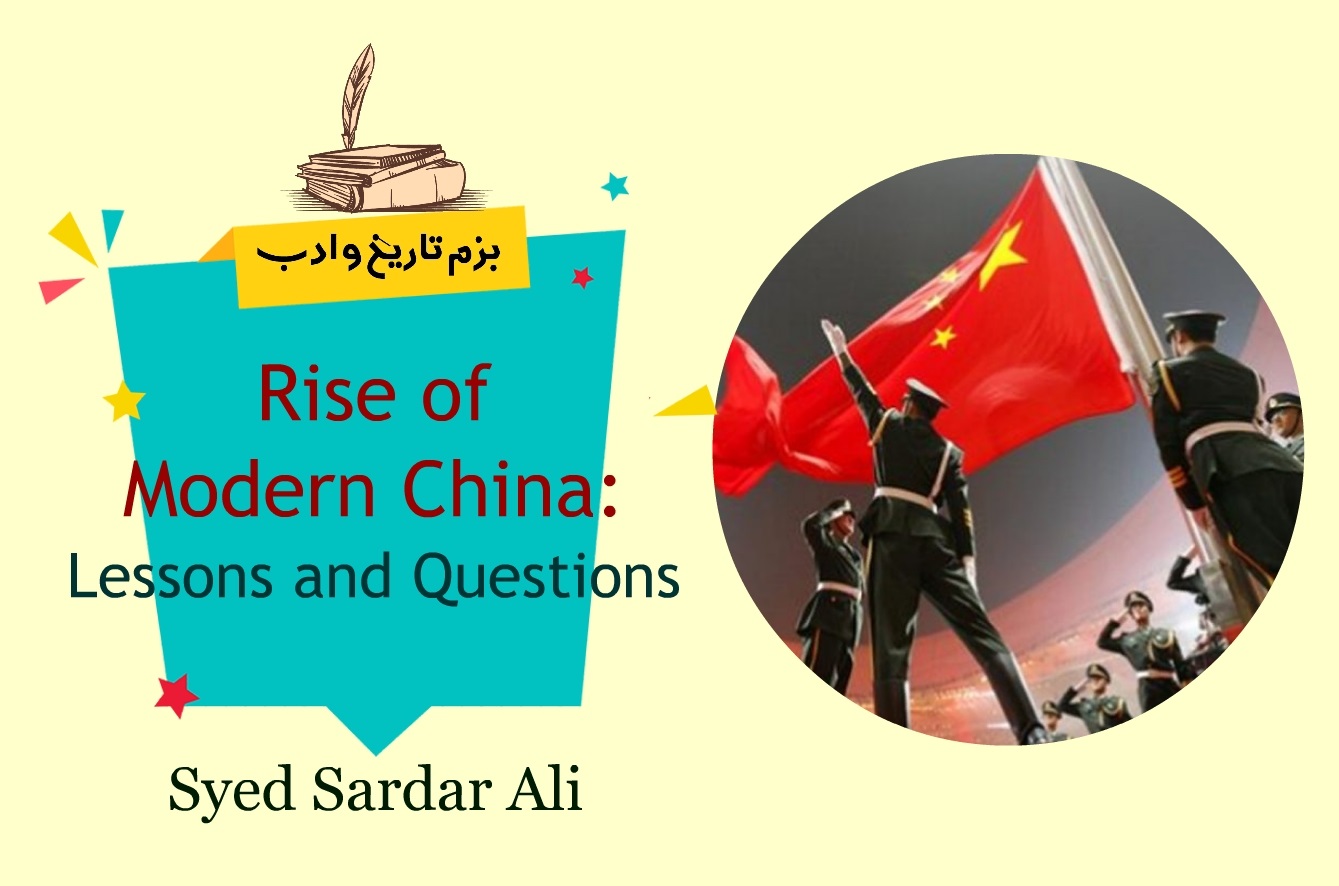
Rise of Modern China: Lessons and Questions
Following the defeat in the Opium Wars, the efforts of imperial China to catch up with the victors by grafting Western technology onto the traditional society failed. The revolution of 1911 that abolished the imperial system also remained confined to the urban elite classes. In the People’s Republic under Mao, old China was destroyed while a new generation acquired modern knowledge and mental habits. This foundation allowed China to grow and lift 800 million people out of poverty once Deng initiated the shift. Rise of modern China is the quintessential story of civilizational metamorphosis from agriculture to industry.
About the speaker
Academic Qualifications
Master in Public Administration – Harvard (1996-98)
Master in International Relations – Japan (1989-91)
BS Mech. Engineering – UT Austin (1983-86)
Work Experience
Financial and Private Sector – World Bank, Washington, DC
International Dept. – Industrial Bank of Japan, Tokyo
Middle East Business Dept. – Sony Corp., Tokyo
Engineering Dept. – ICI Pakistan, Ltd.
Syed Sardar Ali did his F.Sc. from Govt. College Lahore and Bachelor of Science in Mechanical Engineering from the University of Texas at Austin. He earned his first master’s degree in International Relations from Japan and worked for Sony Corporation and the Industrial Bank of Japan in Tokyo. He later earned Master in Public Administration (MPA) from Harvard where he was a student of Prof. Samuel Huntington. Upon graduation he joined the World Bank in Washington, DC and worked in the Financial and Private Sector Unit in the Europe and Central Asia region until 2002. Sardar Ali, who runs a number of businesses in Islamabad and Lahore, is the Chairperson of Crescent Foundation. He has one daughter and three sons.